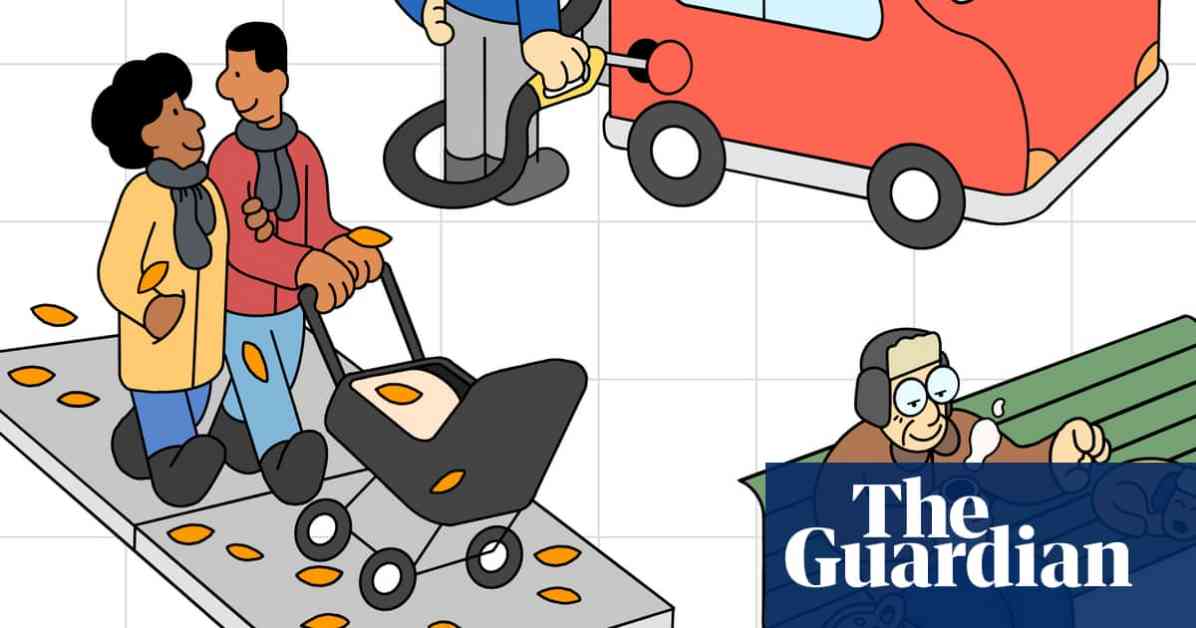The chancellor, Rachel Reeves, has announced changes to taxes and benefits that will affect how much money you have in your pocket. Let’s break down what this means for different individuals in financial terms. Please note that some figures have been rounded up to the nearest pound and different rates may apply in Scotland.
For a single person of working age earning the UK’s median wage of £37,500, they currently pay £4,986 in income tax and £1,994 in national insurance contributions (NICs). After tax, their monthly take-home pay is £2,543, or £30,520 a year. With a 2% pay rise to £38,250 in the upcoming tax year, their income tax bill will increase to £5,136 and NICs to £2,054. This means their take-home pay will be £2,588 a month after tax, or £31,060 a year in 2025-26.
A pensioner with a gross income of £19,000 will pay £1,286 in income tax. While they will no longer qualify for the winter fuel payment, their full state pension will rise by 4.1% to £230.25 a week, adding £470.60 to their annual income before tax. After tax, this leaves them with an extra £376.48 in the 2025-26 tax year.
A low-income pensioner couple in their late 70s receive the basic state pension and pension credit top-up. With the “triple lock” increasing the minimum guarantee by 4.1% to £346.60 a week, they will see an extra £709.80 a year.
A high earner in the private equity sector faces an increase in capital gains tax (CGT) on carried interest from 28% to 32% in April 2025. Additionally, VAT at 20% on private school fees could add over £10,000 to their annual bill.
For a wealthy family planning to reduce inheritance tax (IHT), changes in rules mean their children may have to pay IHT on their undrawn pension pot from 2027. Aim shares held for at least two years will no longer be fully exempt from IHT from April 2026, potentially resulting in a bill of £20,000.
A business owner with a business valued at £2m will no longer be exempt from IHT on anything over £1m from April 2026. If they decide to sell, changes in capital gains tax (CGT) will result in increased bills over the coming years.
A young family with a combined income of £75,000 will no longer have to repay child benefit if the higher earner’s salary is under £60,000. However, they will miss out on the stamp duty holiday for first-time buyers if they purchase a property after 31 March, potentially losing savings of up to £6,250.
Motorists can expect the temporary 5p cut in fuel duty to remain in place, saving them about £130 a year. Additionally, single parents receiving universal credit will see a 1.7% increase in payments next April, with a new fair repayment rate reducing debt repayments by up to 10% of their standard allowance.
These changes in the budget will have varying impacts on different individuals and families, so it’s essential to understand how they may affect your finances moving forward.












